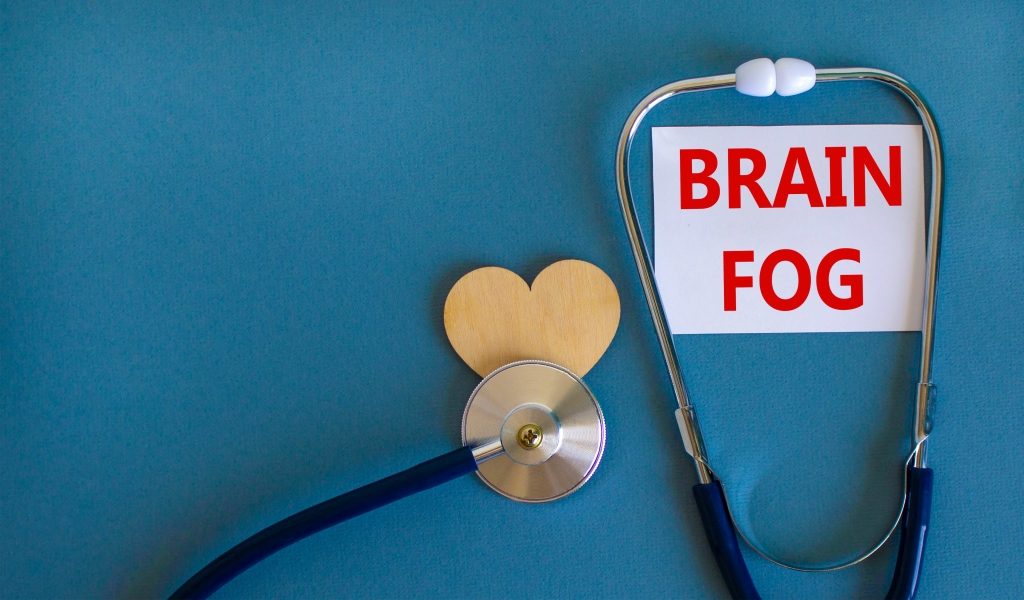How to Overcome Brain Fog and Regain Clarity During Recovery
Involve yourself in community activities or support systems that encourage connection and interaction. Understanding this condition can help you appreciate the prolonged battle against fatigue and the importance of patience in recovery. More so, awareness of PAWS supports the identification of this condition and prompts necessary medical responses to manage this, in turn aiding in smoother recovery journeys. Even worse, alcohol increases the production of stress hormones, like cortisol, in the body that can lead to an energy crash once you quit consuming alcohol. This sudden withdrawal pushes your system overdrive working to reach its normalcy, which can be exhausting.

The Role of Therapy After Benzodiazepine Detox
Cognition is the process of your brain working to understand or learn something. These deficiencies can lead to symptoms like fatigue, poor concentration, and irritability. In these later months, you start to accomplish life goals and are on track to help others if you desire.
How PHPs create a foundation for lasting recovery
When we’re dehydrated, our brain function can become significantly impaired. This is why people who are severely dehydrated get easily confused and disoriented — sometimes even becoming delirious. Dr. Oxford House Robinson is passionate about providing personalized care to patients of all ages, including seniors. He practices patient-centered care to help WelbeHealth participants live their healthiest lives. In addition to his Doctor of Medicine (MD), Dr. Robinson holds a Master of Public Health (MPH) and previously served as a Clinical Assistant Professor and Assistant Program Director at UCLA.
Understanding post-acute withdrawal syndrome (PAWS) for opiates
- Dr. Le most recently served as Chief Medical Officer of Optum Home and Community Care.
- If you want to cut back on your alcohol consumption and boost your brain health, consider trying Reframe.
- Consuming alcohol actually amplifies this effect, contributing to feelings of drowsiness and relaxation.
- A person may think they have damaged their brain or need alcohol in order to think, which can trigger a relapse.
- We can help you achieve this at Renaissance Recovery near Huntington Beach, CA.
Hanju is passionate about healthcare, using her expertise to improve the well-being of those she serves, ensuring everyone gets top-quality care. When he’s not working, he enjoys hiking, and spending time with family and friends. In virtually all cases, no matter how severely alcohol-dulled you feel now, a few years of abstinence willalmost completely reverse this cognitive damage. Warren is a Licensed Master Social Worker, who specializes in substance abuse and mental health treatment. Clinically, Warren has developed a therapeutic skillset that utilizes a strengths-based perspective, Twelve Step philosophies, Cognitive Behavioral Therapy and Motivational Interviewing. In addition to these therapies, medication and lifestyle changes can also be beneficial in addiction treatment.
Your emotional resilience strengthens, equipping you to cope with stress more effectively without resorting to alcohol as a coping mechanism. Alcohol dependance can significantly interfere with your emotional regulation. This is the consequence of its adverse effects on the hypothalamus, the part of the brain that helps us regulate emotions. Several brain regions seem particularly vulnerable to excessive amounts of alcohol. A consistent flow of nutrients will keep your brain sharp throughout the day. Melody is here to help as you adjust to a life with less (or no) alcohol.

The Long-Term Effects: Sobriety Fatigue
It sounds simple, but a healthy exercise regime is not only essential for overall health but has brain fog after quitting drinking significant benefits on cognitive function. Studies have even suggested that prolonged exercise may improve executive function and decrease compulsive behaviours in addiction-prone individuals (Costa et al., 2019). During prolonged and excessive alcohol use, the damage inflicted upon brain cells becomes more severe. This results in substantial impairment of critical cognitive functions like memory and decision-making. While these changes are promising, the timeline and extent of recovery can vary from person to person. Seeking professional help and support during the recovery process can optimize your brain’s chances of regaining its health and functionality.
What Factors Impact Withdrawal Severity

Severe alcohol abuse can even result in smaller and lighter brains – a worrying consequence that we must be aware of. Alterations to brain structure and function during chronic alcohol use can make it tough for people to stop drinking, despite their best intentions. For instance, the prefrontal cortex – an area involved in planning and decision-making – may become less active, making it harder for people with AUD to make healthy decisions.
It’s vital you speak with your treatment team before you stop https://recoveryandbeyondradio.com/does-drinking-too-much-make-you-bruise-heres-what-3/ drinking so that potentially dangerous symptoms can be avoided. This makes your brain blood flow decrease and kill the means by which your brain cells communicate with each other. When you’re dehydrated and devoid of electrolytes, you have a greater risk of feeling sluggish, dizzy, or slow-brained. It’s one of the biggest explanations brain fog smacks so painfully after a bender. Brain fog after drinking is that groggy, sluggish, mentally drained sensation you get during or after a hangover.
A Timeline for Cognitive Recovery after Abstinence
This GABA imbalance in the brain causes excessive neuronal activity or “neuronal hyperexcitability,” meaning that the brain is “overly excited,” and hence why these symptoms appear. As soon as the alcohol levels begin to drop below what you are accustomed to, you may begin to feel withdrawal symptoms. Experiencing persistent brain fog 3 days after drinking could indicate problematic drinking habits. Alcohol use disorder often develops gradually, and prolonged episodes of alcohol-related brain fog may serve as warning signs.
Week Two Benefits
Here’s how to prep for when they’re away and make sure your mental health needs are being met. Stay active and aim for 150 minutes of moderate-intensity physical activity per week, if you’re healthy. (Walking counts.) “Exercise activates the brain but also tires you out, helping you sleep better at night,” says Pudumjee.
コメントを残す